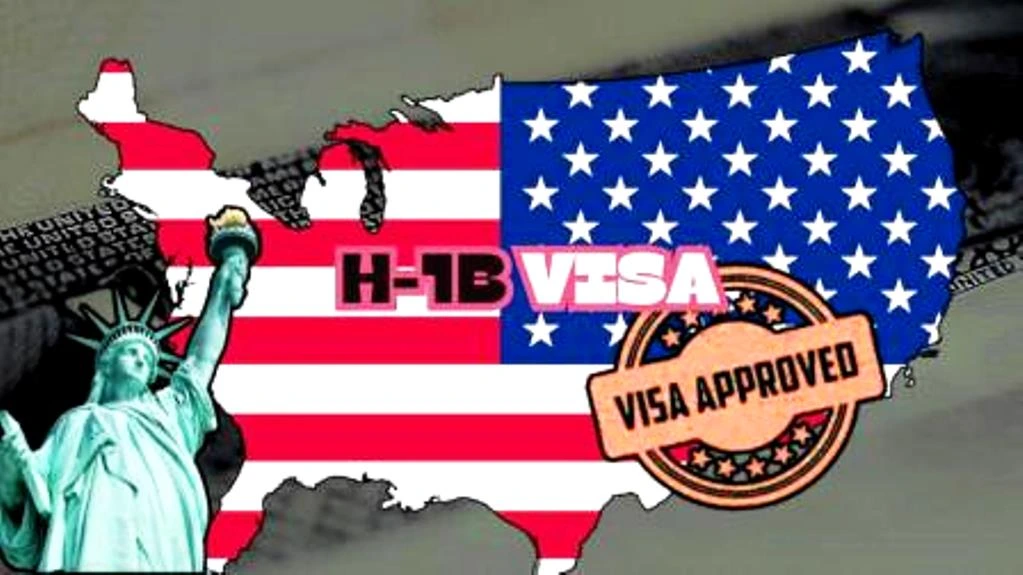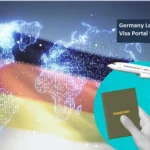Indian IT giants like Infosys, TCS, and Cognizant dominate H-1B visa approvals in 2023. Discover the potential impact of policy changes on H-1B visa holders and global IT companies.
Infosys, Cognizant, and TCS Among Top H-1B Employers in 2023: What’s Next?
Indian IT giants, including Infosys, Cognizant, and Tata Consultancy Services (TCS), continue to lead the H-1B visa program in 2023, securing a significant share of the H-1B visas approved by the United States. According to data, Indian-origin companies represent 41% of all H-1B visas issued to the top 10 employers, underscoring their crucial role in the US tech sector. However, with debates surrounding the future of the H-1B visa program intensifying, what does the future hold for Indian IT firms and their dependence on these visas?
Indian IT Giants Dominate H-1B Visa Approvals in 2023
In 2023, Infosys took the lead with the highest number of H-1B visa approvals, followed by TCS and Cognizant. Collectively, these companies secured a large portion of the visas, further solidifying their position as major players in the global IT industry. While other Indian companies such as Wipro, Tech Mahindra, and LTI Mind tree have smaller shares, their reliance on the H-1B visa program remains notable, especially as they continue to meet the growing demand for skilled tech professionals in the US.
Amazon, Google, Meta, and Apple, also rank among the top beneficiaries, with Amazon alone receiving over 9,200 visas, making it the largest employer of H-1B workers globally. Despite this, the Indian IT sector’s dominance in securing H-1B visas remains a key feature of the ongoing debate.
Impact of H-1B Visa Scrutiny on Global IT
The H-1B visa program has long been a critical enabler for Indian tech companies to provide services to US clients, particularly in emerging technologies. However, changes to the program under the upcoming administration may pose challenges. Donald Trump’s expected policy changes could affect not only Indian firms but also the broader US economy, as Indian companies represent a major part of the workforce contributing to various high-demand sectors, including technology, healthcare, and skilled trades.
What Happens if H-1B Visas Face Restrictions?
Experts warn that restricting the H-1B visa program could create skill shortages for US companies, especially in sectors dependent on innovation and technological advancement. An industry analyst noted, “The program allows US firms to bridge critical skill gaps.” If the H-1B visa program is limited, companies may face increased pressure to hire locally or outsource to other countries, potentially weakening the US’s position as a global tech leader.
For Indian companies, stricter visa policies might push them to explore alternative strategies, such as nearshoring or expanding their local hiring efforts within the US. Nevertheless, the H-1B visa will continue to play a vital role in ensuring access to a skilled workforce for Indian IT firms.
Trump, Musk, and the Future of the H-1B Visa
In a surprising turn, Donald Trump has expressed support for the H-1B visa program, despite his historically tough stance on immigration. He echoed Elon Musk’s view, who has long advocated for the program, stressing its importance in maintaining innovation and global competitiveness. Musk’s support, particularly in relation to the Tesla workforce, emphasizes the value of the H-1B visa even for high-profile tech leaders.
Trump himself noted, “I have used H-1B visas many times, and it’s a great program.” This endorsement underscores the program’s essential role for US tech firms and their reliance on global talent to maintain their competitive edge.
The Path Forward for Indian IT Firms
As the debate around the H-1B visa intensifies, Indian IT firms will need to adapt to potential changes in the visa policy. Companies will likely explore new strategies, including local talent development, market diversification, and policy advocacy to ensure continued access to global talent. The future of the H-1B program will remain a critical topic, with the outcome significantly affecting the ability of Indian IT giants like Infosys, TCS, and Cognizant to compete globally.
Navigating the Uncertainty of H-1B Visas
The H-1B visa program has been pivotal in fostering global talent mobility and supporting Indian tech companies. As Infosys, TCS, and Cognizant continue to be major beneficiaries, their reliance on the program is a testament to its importance in the global IT sector. However, the future of this visa program remains uncertain, and companies must remain agile to navigate the potential policy changes that could reshape the landscape of global workforces.



